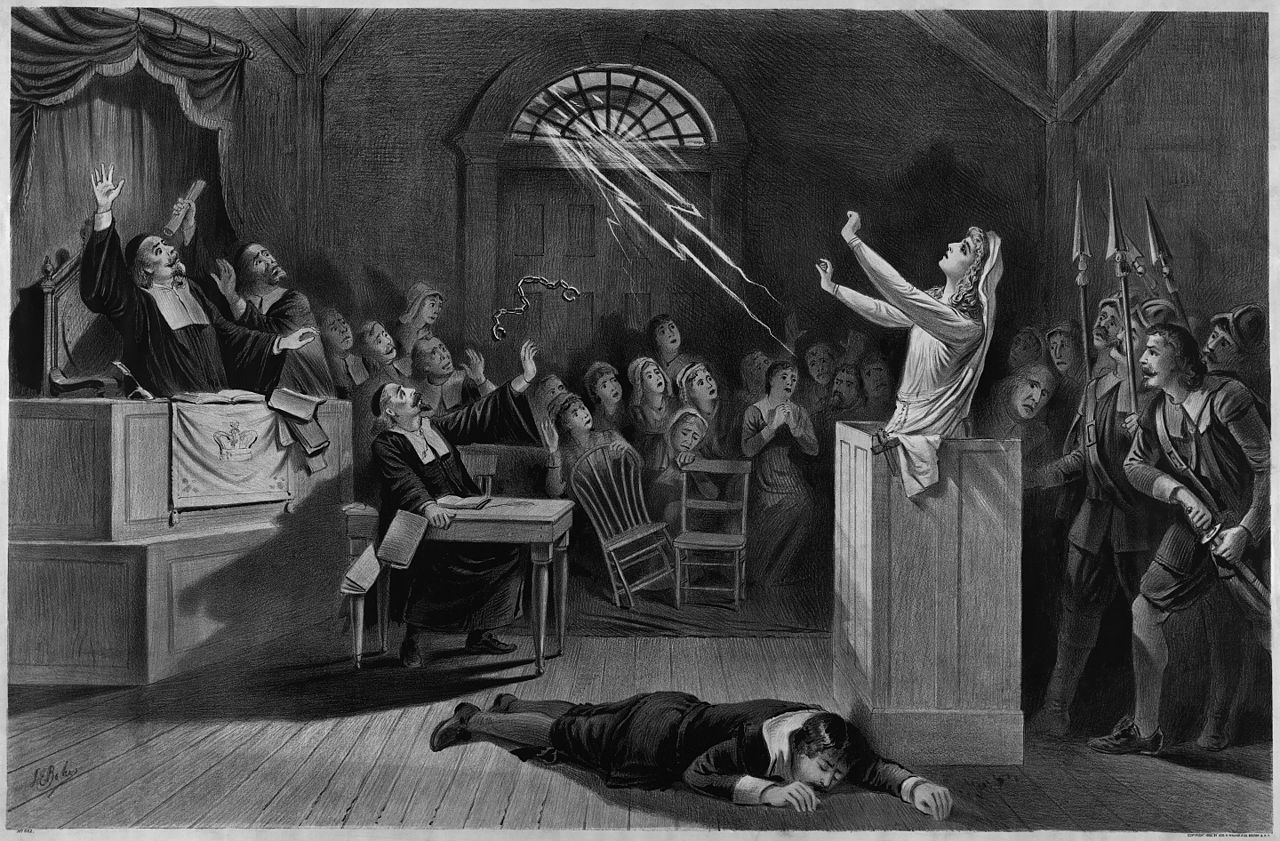
Image via Wikimedia Commons
Guggenheim and MacArthur fellowship-winning philosopher Elizabeth Anderson recently spoke with Joe Humphreys at the Irish Times about America's toxic obsession with by-your-bootstraps individualism, and specifically how it relates to poverty.
There are plenty of impactful quotes throughout the interview, but the parts that stuck out the most to me — as an agnostic born into an Irish Catholic family, whose mother worked for the church for a long time — were her observations about America's puritanical roots, and, later, the impacts of World War II. Anderson essentially proposes the idea that early America Puritans like the Pilgrims were determined to distance themselves from the institutional power of the Catholic church — which, for all its faults, has at least had a longstanding commitment to helping and empathizing with those suffering from poverty. In addition to Manifest Destiny, these Puritans believed that hard work was the only promise of salvation, which eventually evolved into the whole "rugged individualism" idea that consumes so many American conservatives and Evangelicals. While Anderson acknowledges that this ethic is rooted in a very pro-worker mindset, it's clearly been secularized over time into a highly partisan hatred of the poor, with a nod towards its religious roots:
Continue reading and maybe link through to the comments, some of them are very enlightening.
No comments:
Post a Comment